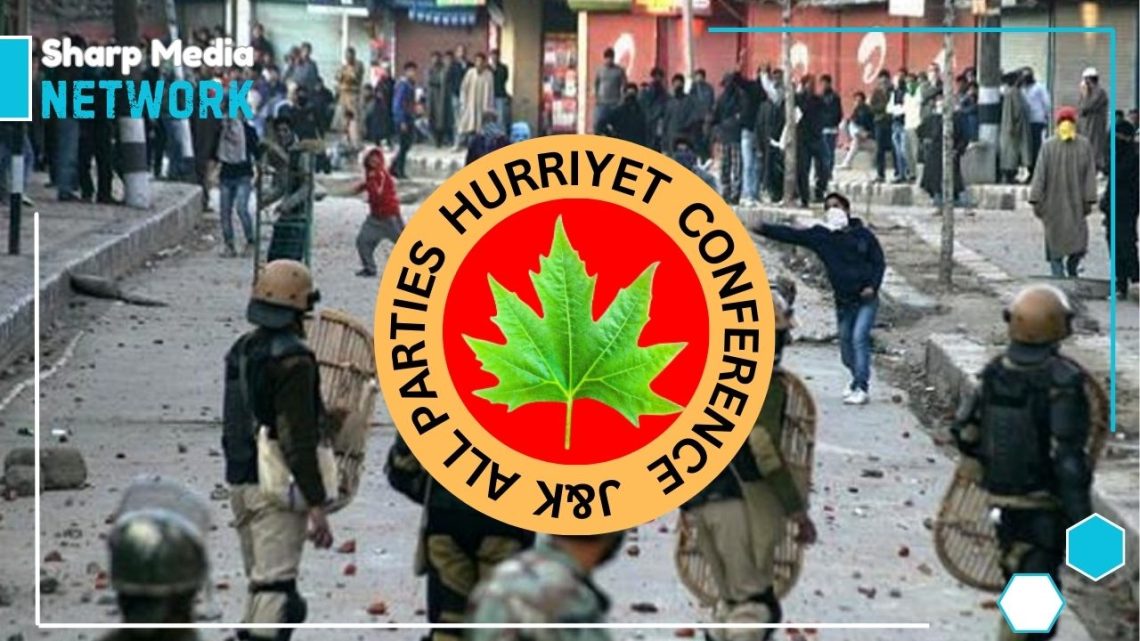
APHC Call for Dialogue to Resolve Kashmir Dispute
February 2, 2025The Kashmir dispute, a persistent issue for nearly eight decades, remains a point of tension between India and Pakistan. The All Parties Hurriyat Conference (APHC) is urging both nations to engage in meaningful dialogue for a lasting solution, with the support of international intervention.
The All Parties Hurriyat Conference (APHC) has issued a call for India and Pakistan to engage in constructive and meaningful dialogue aimed at resolving the Kashmir dispute, in line with United Nations resolutions. The APHC asserts that a just and equitable settlement is crucial for lasting peace in the region. In a statement released from Srinagar, APHC spokesman Advocate Abdul Rashid Minhas emphasized the UN’s moral and legal responsibility to intervene in resolving this nearly 78-year-old issue, which remains unresolved despite its long-standing presence on the global agenda.
The APHC statement highlighted the urgent need for international intervention due to the ongoing cycle of fear, violence, and oppressive laws imposed on the people living in Indian Illegally Occupied Jammu and Kashmir (IIOJK). The group condemned the actions of India, which it believes are driven by a Hindutva colonial agenda. This includes state-sponsored atrocities and harsh laws targeting the local population, as well as efforts to alter the region’s demographic structure, further exacerbating tensions.
A central concern of the APHC is the revocation of IIOJK’s special status on August 5, 2019, by India. This move, the spokesman argued, is part of a systematic effort to change local laws in order to seize agricultural and residential lands. Such actions, according to the APHC, are aimed at transforming the Muslim-majority region into a demographic minority. Minhas also denounced the increasing repression of the local population, particularly the Gujjar-Bakarwal community, who are facing widespread displacement due to the destruction of their homes.
The APHC spokesman also criticized India for reneging on its constitutional commitments, particularly the revocation of Jammu and Kashmir’s special status, which he sees as part of a broader strategy to diminish the region’s distinct identity and implement the Hindutva-driven agenda of the Rashtriya Swayamsevak Sangh (RSS).
Despite these challenges, the APHC praised the resilience and determination of the Kashmiri people in their pursuit of justice. They urged the global community to recognize that without a just resolution, the conflict could escalate into a far more dangerous situation, possibly even triggering nuclear conflict. Conversely, a fair settlement could open the door to peace, stability, and economic prosperity for the region.
The APHC’s call for dialogue between India and Pakistan reflects the urgent need for a peaceful resolution to the Kashmir conflict. The group’s statement serves as a reminder of the long-standing issues affecting the region and the potential consequences of failing to address them.

